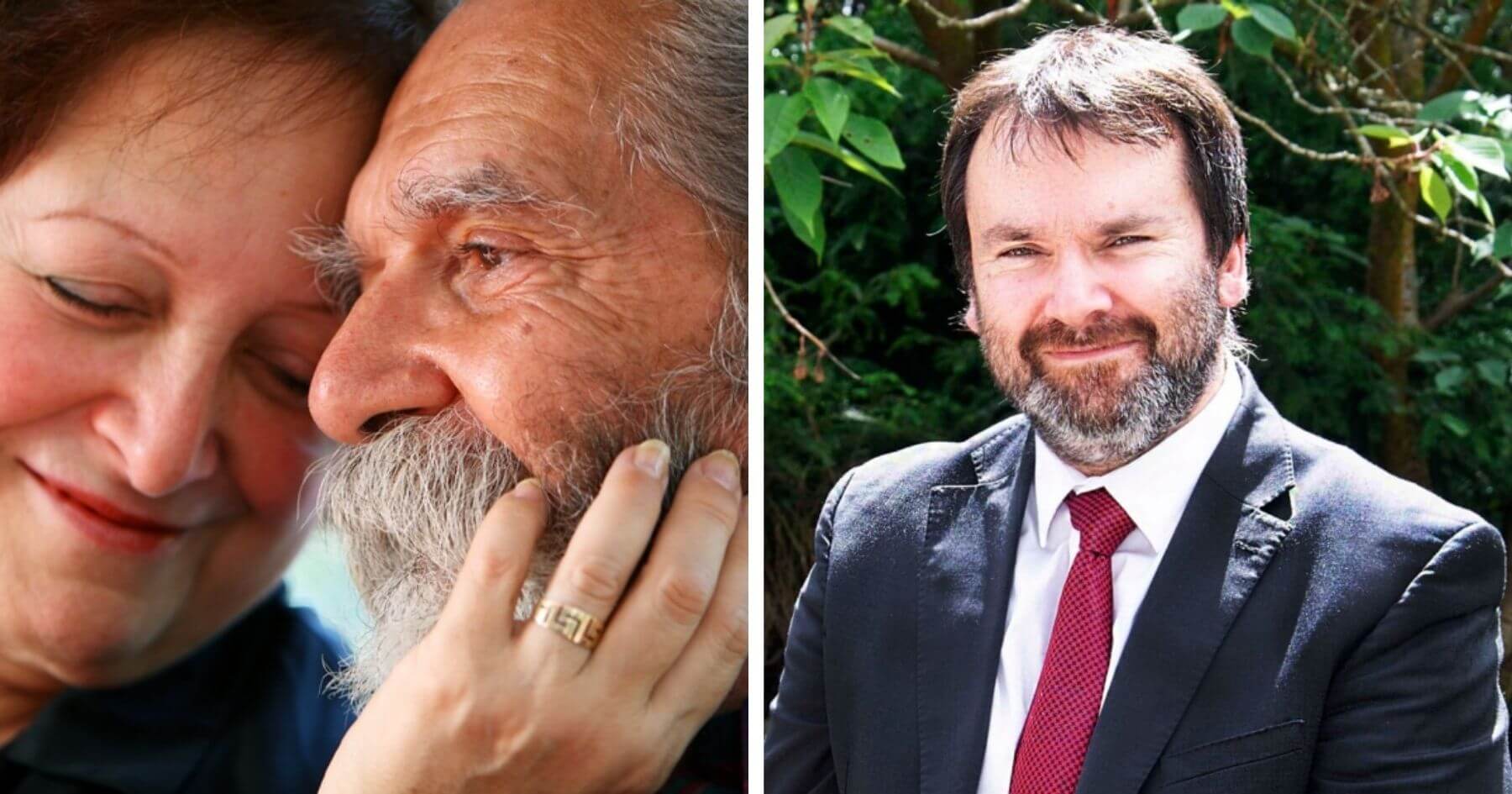The Telegraph has published several Letters to the Editor expressing concerns over legalising assisted dying, including one from Dr Idris Baker, the National Clinical Lead for Palliative and End of Life Care in Swansea, Wales.
Baroness Molly Meacher, Chair of the pro-assisted suicide group, ‘Dignity in Dying’, has put forward a Private Member’s Bill on assisted suicide that received its First Reading in the House of Lords in May. A Second Reading is expected in the autumn. The Sunday Times has also announced its support for legalising assisted suicide.
“We can do much better”
In a Letter to the Editor of the Telegraph, Dr Idris Baker wrote, in response to previous Letters expressing support for assisted dying, that “It’s simply not true that people are denied control at the end of their lives under the current law”.
“The law is framed to give clear rights to refuse unwanted intervention. Helping people do that has become a mainstream activity, not only in health and social care, but also in wider society”.
“Nor is it true that people can’t be open about their wishes. All over the country, with the right support, the often complex and fluid preferences of people facing life-shortening illness are discussed freely with families and clinicians”.
“If there were a case for changing the law to permit assisted suicide, it would not be built on the kind of misrepresentation that suggests people currently have to face death in impotent silence. There is ample knowledge about how to address the very real difficulty some people have in getting relief for their suffering. What’s needed is for society to act on that and to treat this problem as an urgent priority, not for us to dodge the issue by telling ourselves that a hastened death is the only fit response”.
“The last attempt to change the law failed not because of the parliamentary timetable in 2015 but because the weight of evidence showed it was not the change required, and would not be safe. This remains the case”.
“If we want to help people nearing death, we can do much better than the current Bill”.
The UK’s suicide “epidemic”
A further letter was published from Alex Jones, who argued that it is a mistake to argue that legalising assisted suicide or euthansia would lead to a drop in suicide rates.
They wrote, “As a 2015 peer-reviewed study, looking at the US state of Oregon, concluded: ‘Controlling for various socioeconomic factors, unobservable state and year effects, and state-specific linear trends, we found that legalising physician-assisted suicide was associated with a 6.3 per cent increase in total suicides (including assisted suicides)’”.
“Given the epidemic of suicides we have in the UK – around 6,000 per year – it would seem unwise to take action that might increase this number”.
Assisted suicide in Britain
Assisted suicide remains a criminal offence in the UK under the Suicide Act 1961.
Since their Bill’s resounding defeat in 2015, assisted suicide supporters have since attempted to pass assisted suicide legislation through the courts. All such attempts have so far failed. In 2019, the High Court said the courts were not the place to decide moral issues. In a ruling concerning a man with motor neurone disease who wanted to be assisted in suicide, the court said: “In our judgement the courts are not the venue for arguments that have failed to convince parliament”.
Spokesperson for Right To Life UK, Catherine Robinson, said: “It is wonderful to see both medical professionals and ordinary people speaking out against the prevailing – yet misleading – narrative on assisted suicide”.
“The overwhelming majority of doctors who work in end-of-life care, such as Dr Baker, continue to oppose assisted suicide. They know from experience that what vulnerable people need at the end of their lives is love and support, not offers to assist their death”.
“We also have increasing evidence that people’s wishes to die are transient. The Irish Longitudinal Study on Ageing, for example, surveyed 8,174 people over the age of 50 and found that 3.5% expressed a wish to die at Wave 1 of the study. However, 72% of these participants no longer reported a wish to die when reassessed 2 years later. We should seek to care for those experiencing suicidal thoughts, rather than state-sanction their deaths”.












